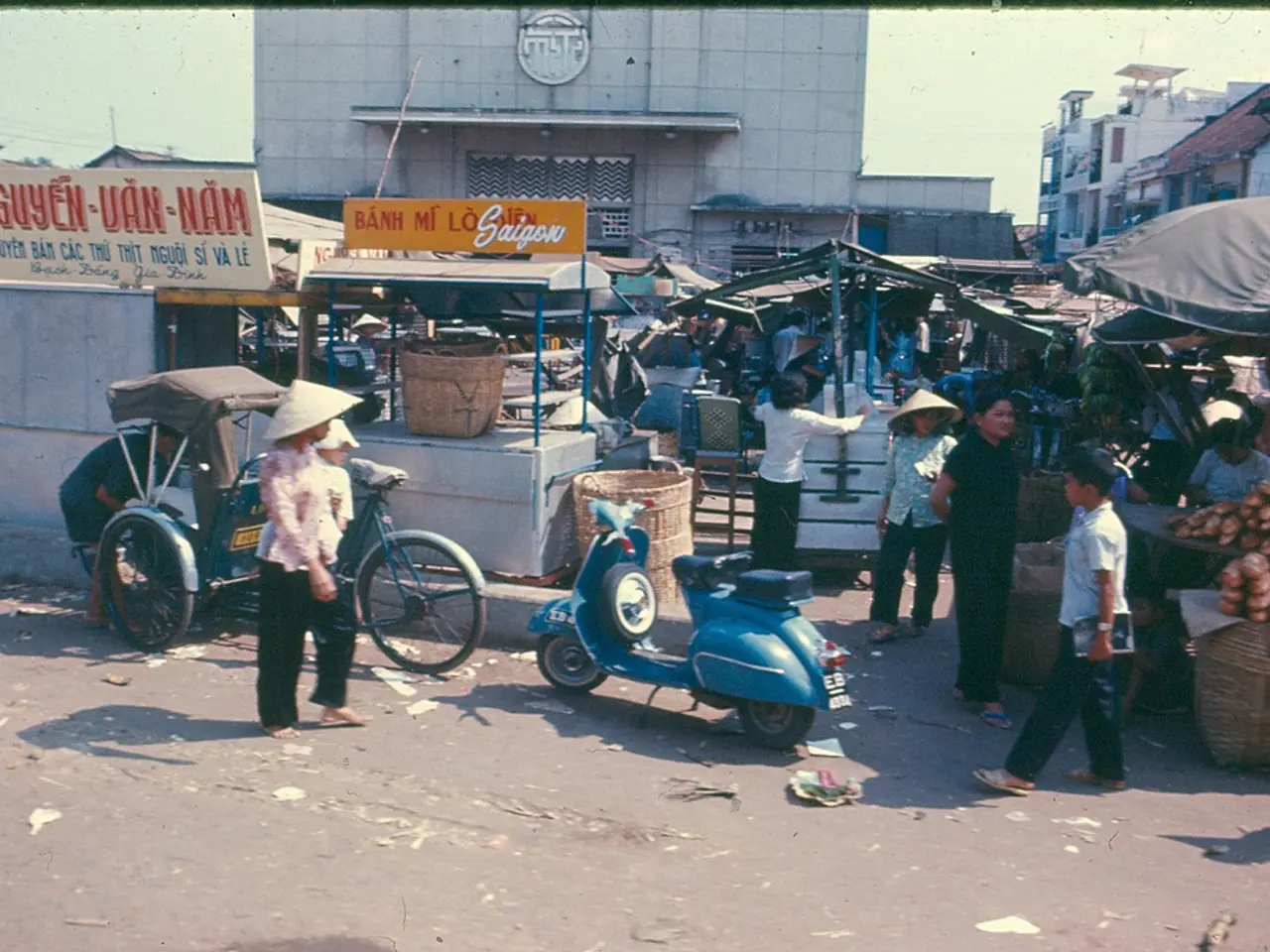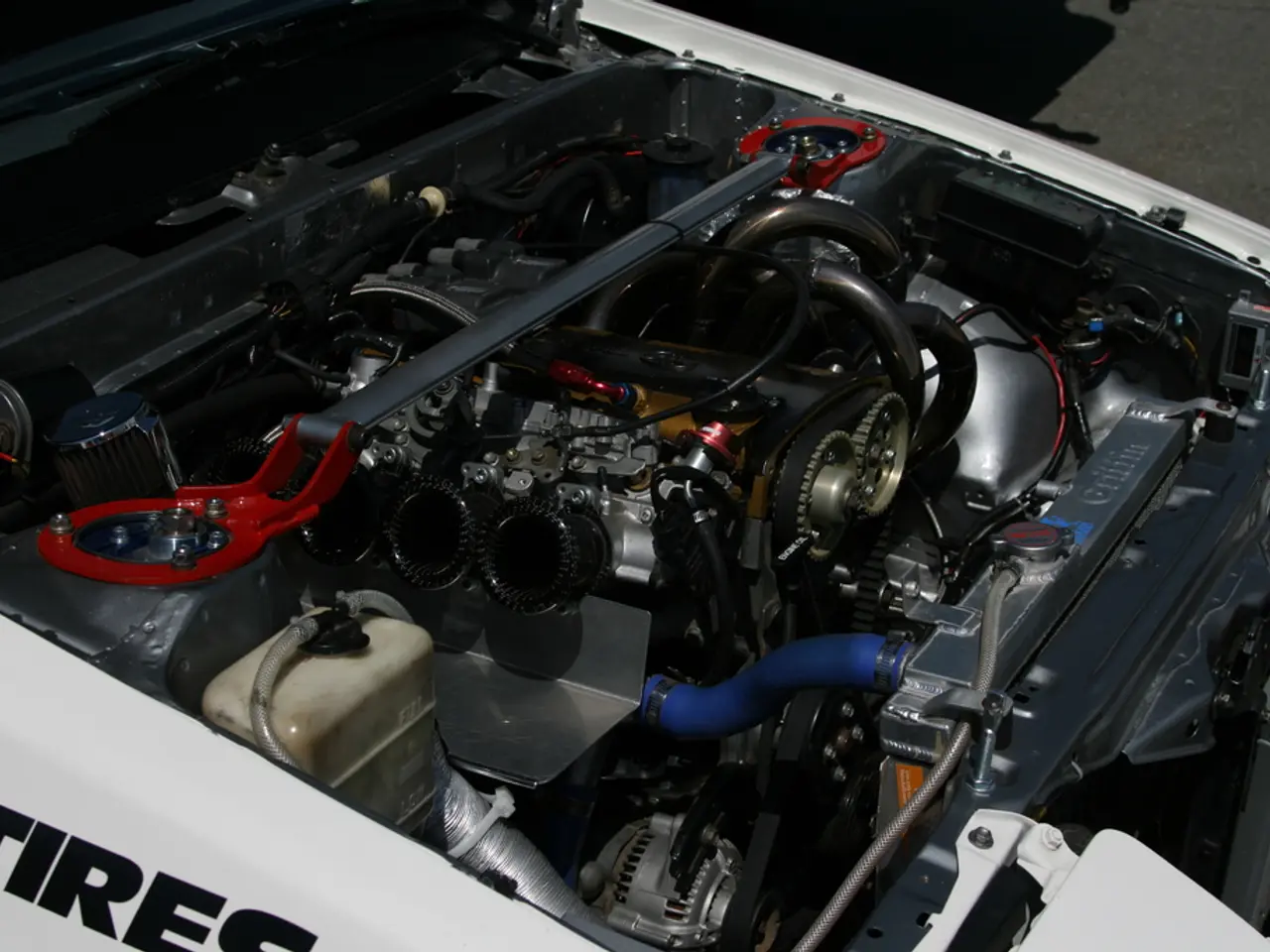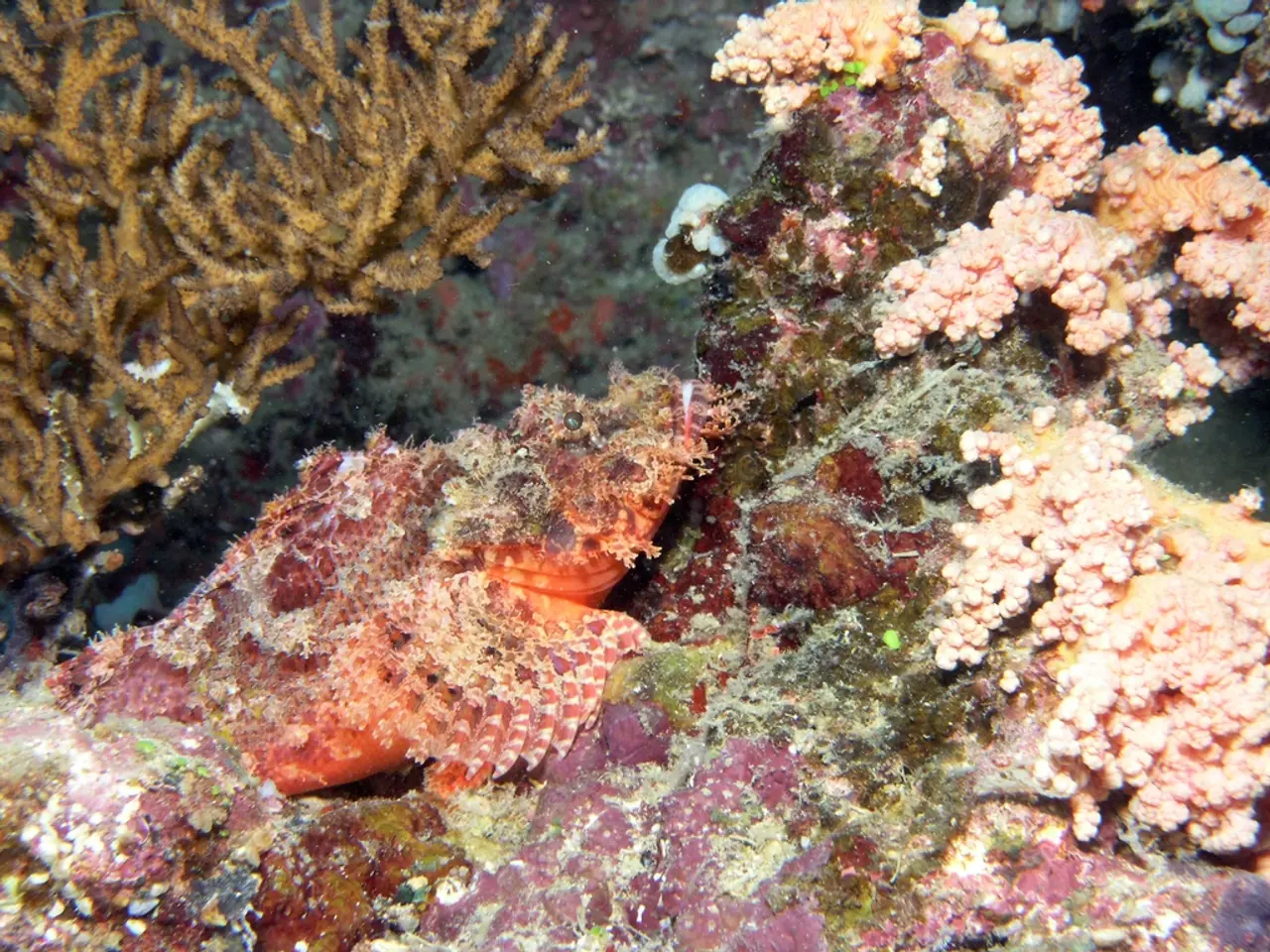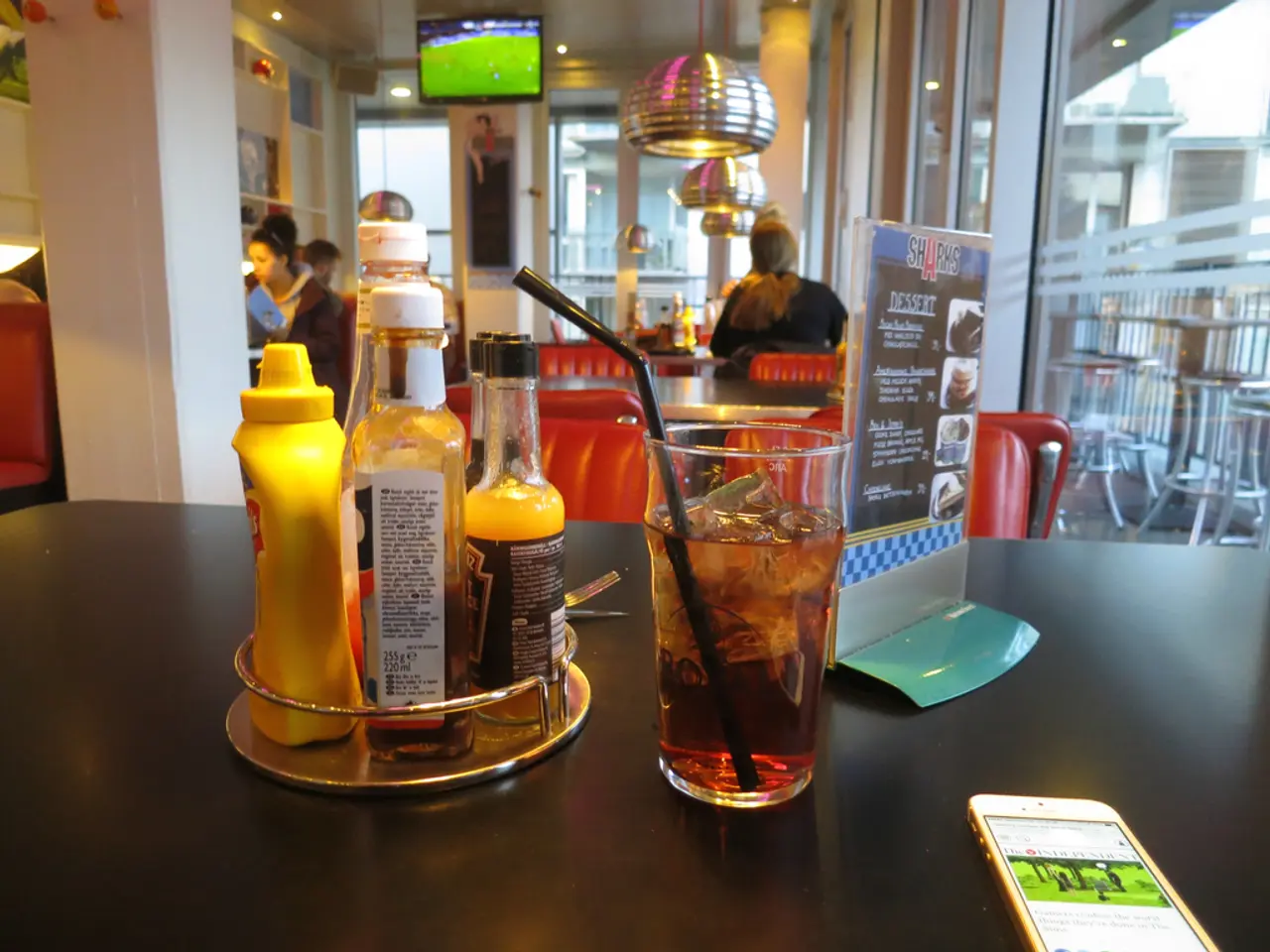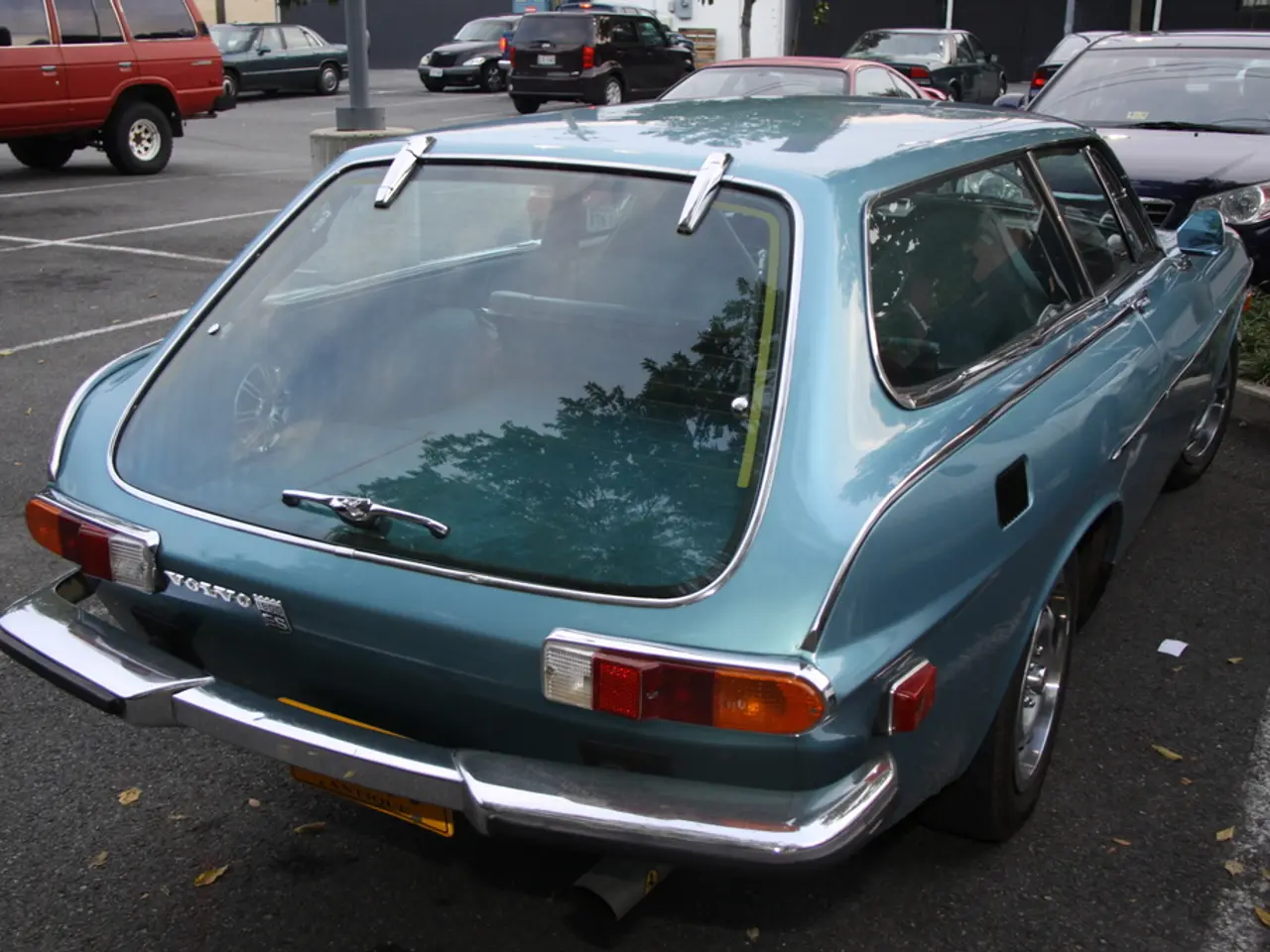Nigerian e-waste recycling industry bolstered by Goodwell and Alitheia's support
**Headline: Goodwell and Alitheia Invest $2 Million in Nigerian E-Waste Recycler Hinckley**
In a significant move towards addressing the growing e-waste crisis in Nigeria and sub-Saharan Africa, Goodwell Investments and Alitheia Capital have jointly invested approximately $2 million in Hinckley E-Waste Recycling, a leading Nigerian e-waste management company.
### The Investment and Its Impact
The investment will enable Hinckley to build dedicated lithium-ion and lead-acid battery recycling plants in Ogun State, Nigeria, with a combined capacity to process up to 30,000 tonnes of e-waste per year. This strategic move marks Goodwell's entry into the waste management sector, reflecting growing investor confidence in Africa's green infrastructure and waste solutions.
The development of these plants will create healthier environments by reducing pollution and toxic exposure, provide safer jobs compared to hazardous informal recycling, and support improved livelihoods in the region. By boosting Hinckley’s export operations, the investment also integrates Nigeria into a global supply chain for recycled battery materials, which are increasingly critical for manufacturing new electronics and batteries.
### The E-Waste Scenario in Nigeria and Africa
Currently, West Africa generates 750,000 tonnes of e-waste annually, with projections suggesting this will exceed one million tonnes by 2030. Nigeria accounts for 500,000 tonnes of this e-waste, making it the region's largest e-waste producer and the third largest in Africa, after South Africa and Egypt.
However, the informal handling of e-waste in Nigeria exposes many workers to hazardous substances, exacerbating health risks and environmental damage. Formal recycling through companies like Hinckley represents a critical solution to mitigate these problems.
### The Global Context
Globally, only about 22% of collected e-waste is recycled responsibly. In sub-Saharan Africa, this recycling rate is even lower—estimated between 1% and 15%. Recycling e-waste allows for the recovery of high-value materials and reduces dependence on virgin-mined resources.
### Looking Ahead
The investment in Hinckley E-Waste Recycling is a timely entry into one of the world's fastest-growing waste streams. The demand for battery components is increasing as electric vehicles and renewable energy gain traction. This investment not only supports sustainable e-waste management but also signifies a strong market potential in Africa's emerging green sectors.
Moreover, Goodwell and Alitheia are laying the groundwork for further investments in circular economy ventures. The spokesperson for Goodwell stated, "Hinckley is just the beginning."
In addition to their investment in Hinckley, Goodwell and Alitheia offer financial and technical support to women-led green businesses in Kenya, Malawi, Mozambique, and Tanzania through the IYBA WE4A programme. This initiative aligns with the urgent need for improved recycling infrastructure to manage rapidly increasing volumes of electronic waste and to transition towards a circular economy in the region.
- The strategic investment by Goodwell and Alitheia in Hinckley E-Waste Recycling not only contributes to financial inclusion by supporting the growth of a Nigerian business, but it also has a significant social impact by providing safer jobs and improved livelihoods in Ogun State, while reducing environmental pollution and promoting biodiversity.
- As the world shifts towards a more sustainably-focused economy, particularly in the areas of electric vehicles and renewable energy, investments in e-waste management companies like Hinckley, such as the one by Goodwell and Alitheia, serve to bridge the gap in blended finance, combining private capital with development objectives.
- In order to address the environmental concerns arising from Africa's growing e-waste problem and to foster the continent's growth in the environmental-science and technology sectors, Goodwell and Alitheia's investment in Hinckley E-Waste Recycling not only marks a stepping stone in Africa's green infrastructure development, but it also paves the way for further circular economy ventures and advances in science and technology.
